About The Table
We are a new church in the World Golf Village area in St. Augustine, Florida. At The Table, we envision a “three streams” approach that blends the evangelical, charismatic, and liturgical streams of the Church. In other words, we preach Jesus, lean into the power of the Holy Spirit, and worship at the Lord’s Table every time we gather.
Why “The Table”?
Encountering God
The first table mentioned in the Bible was the “Table of the Presence” in the Holy Place of the Tabernacle (Exodus 25). We celebrate Communion every week as we follow the invitation to come to the Lord’s Table.
Uniting Believers
The Table is also the place where we celebrate the new covenant in the broken body and blood of Jesus. Regardless of our background, our ethnicity, our age, or our status in society - we are all equally loved and united in Christ.
Inviting the World
Finally, The Table represents the place in our own homes where we enjoy and build relationships with family, friends, neighbors, etc. Our dining tables are one of our most powerful outreach tools!
Three Streams
Scripture (Evangelical)
We trust in the authority of the Bible as God’s inspired word to us. Its primary function is to lead us to Jesus, the ultimate expression of God, and to teach us to become more like Him.
Spirit (Charismatic)
In returning to the Father, the Son sent the Spirit to remain with us. He is active in the lives of believers empowering us to accomplish God's will for us. We welcome the gifts of the Spirit and desire to see his presence at work in and through our midst.
Sacred (Historical & Liturgical)
Jesus instituted two sacraments: baptism and communion. We welcome a sense of wonder and mystery; encountering Jesus at his Table during communion is one of the most central aspects of our worship services.
We also value the longevity of historic tradition, the rhythms of the church calendar, the consistency of a lectionary-based teaching plan, and our connection to the global Church.
Core Values
Core values shape the culture of a community. They answer the question ‘why do we do what we do?’ and feed into the overall vision. Our core values are summarized in the acronym T.A.B.L.E. (see our short sermon series here).
T - Trinitarian
We worship the Father, the Son and the Holy Spirit and derive our vision for healthy relationships from the fact that we are created in the image of the Triune God.
A – Abiding in and following Jesus
We were made for intimacy with Jesus, for without him we can do nothing. Therefore, we want personal surrender to Jesus and commitment to the authority of his Word to define us as a church.
B – Blessing the next generation
We don’t want children to be an afterthought in our church or community
but believe that they must be a key priority in our outreach and discipleship.
L – Learning to love well
Jesus gave us the new commandment to love one another as he has loved us. Learning to love like him is our main goal.
E – Empowered for God’s Mission
God desires to bring healing, freedom and restoration to individuals and to the world. Through the power of the Holy Spirit we will play our role in God’s mission.
The Creeds
Creeds are statements of our basic beliefs about God. The term comes from the Latin credo, meaning I believe. The Church has two foundational creeds: the Apostles’ Creed and the Nicene Creed. In reciting and affirming these creeds, we join Christians across the world and throughout the ages in affirming our faith in the one God who created us, redeemed us, and sanctifies us.
Affiliation
We are part of the Gulf Atlantic Diocese, a diocese in the Anglican Church of North America.
The Anglican Church is a Christian denomination that has a global presence in many countries numbering around 80 million participants. It is a part of historic Christianity that emerged through the Church of England (hence the term ‘Anglican’), which in the 16th century embraced reforms that restored much of the worship and practice of the early church.
Beyond that, giving a concise definition of the term "Anglican" is extremely difficult. There is a fairly broad path that can accommodate many expressions that exist or have existed within the Anglican tradition.

